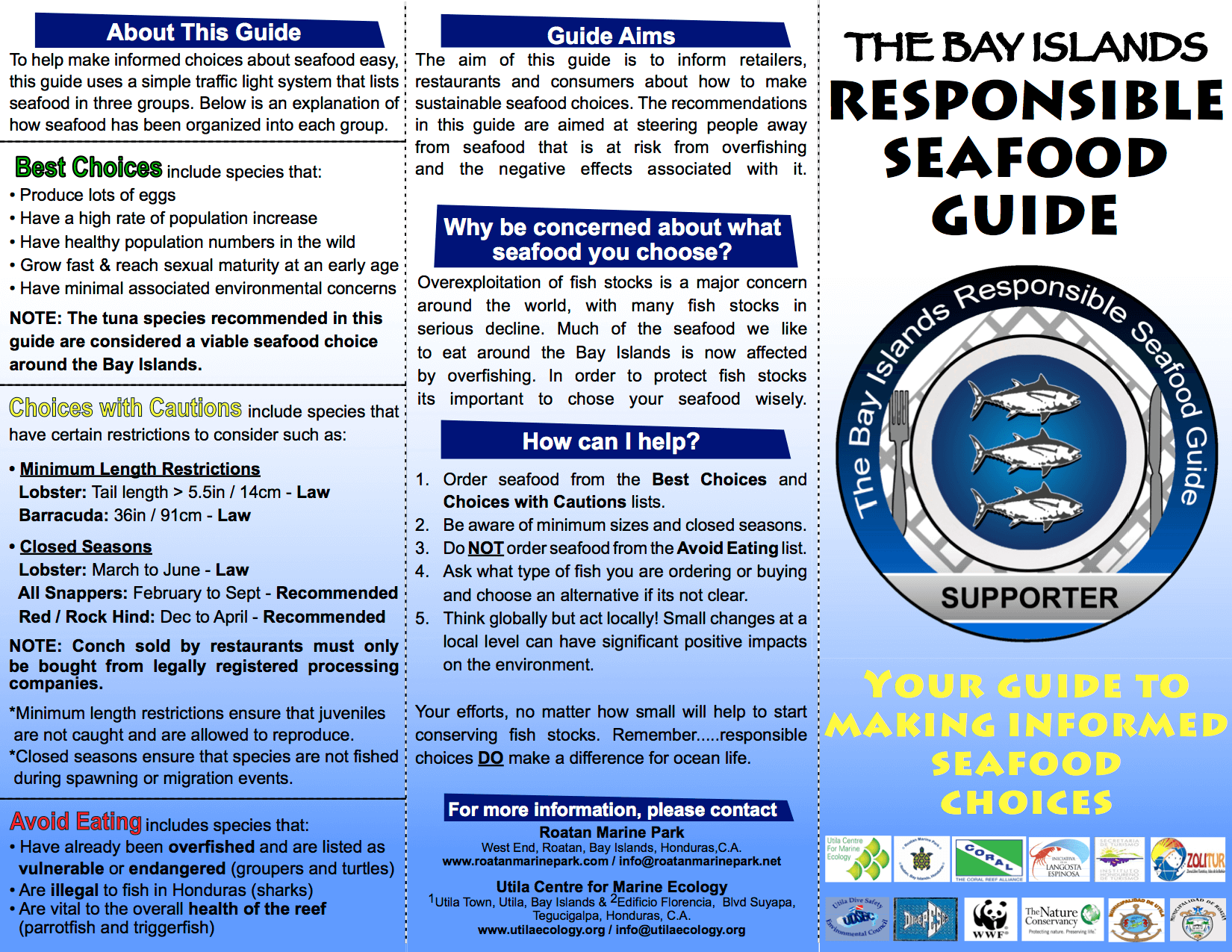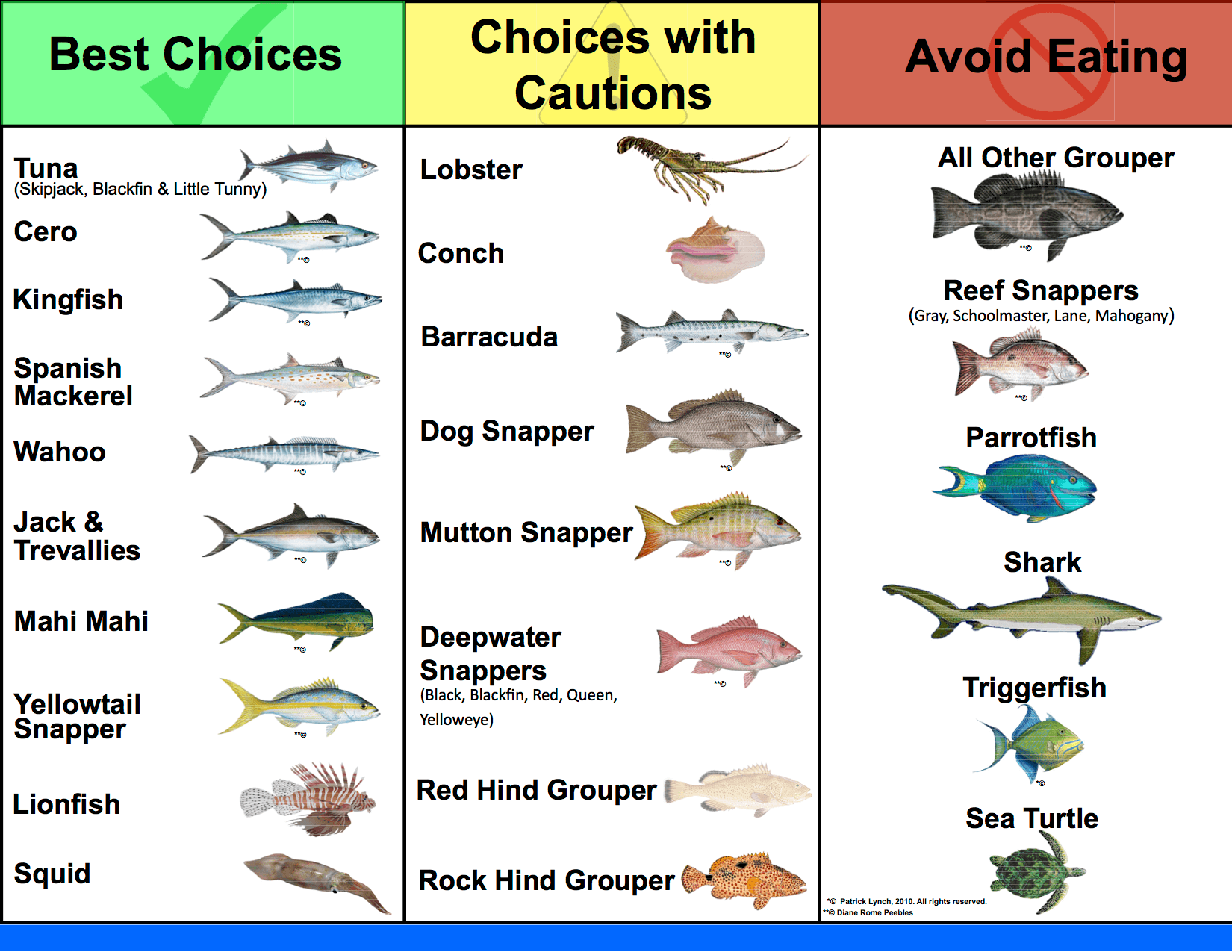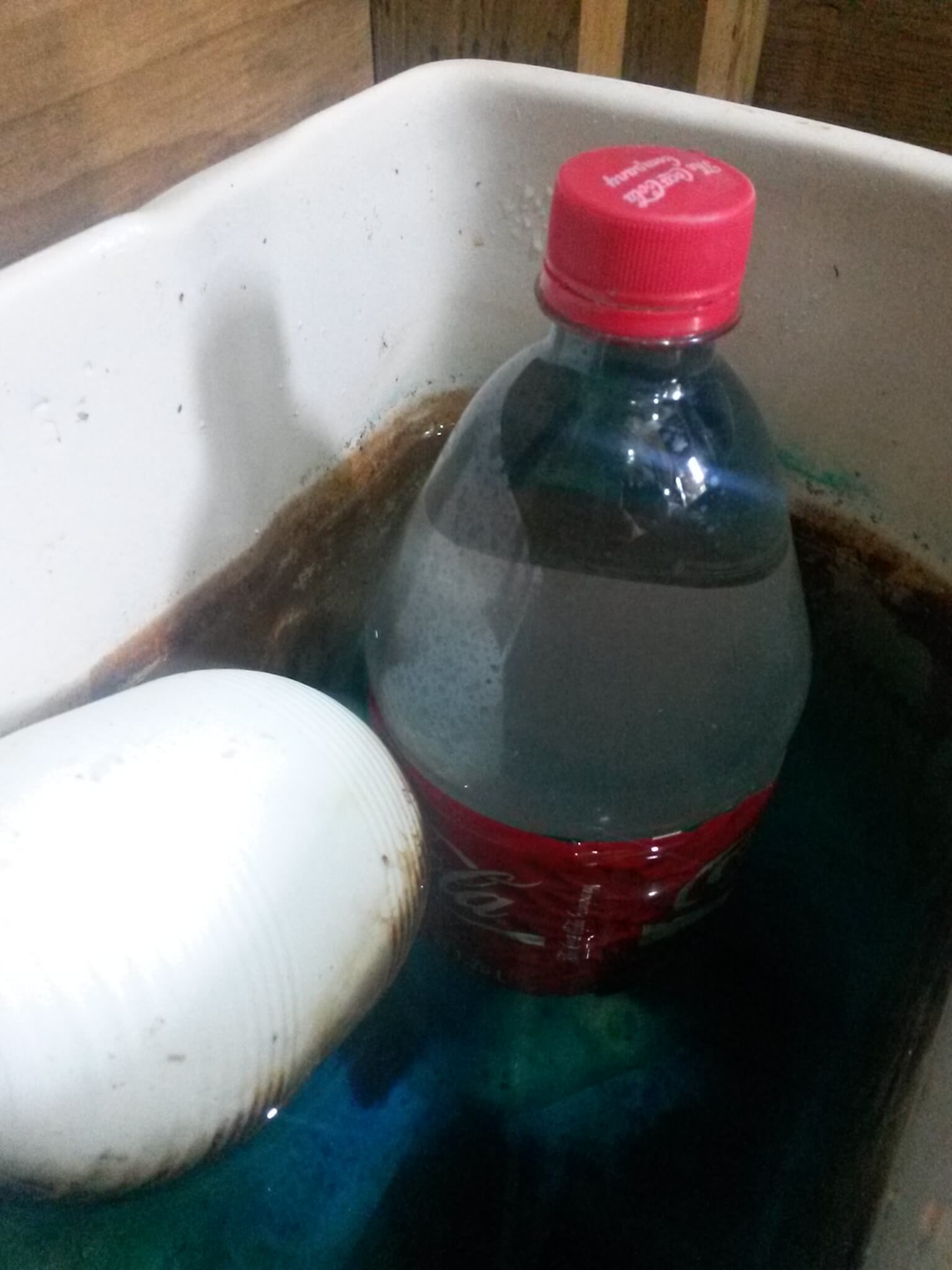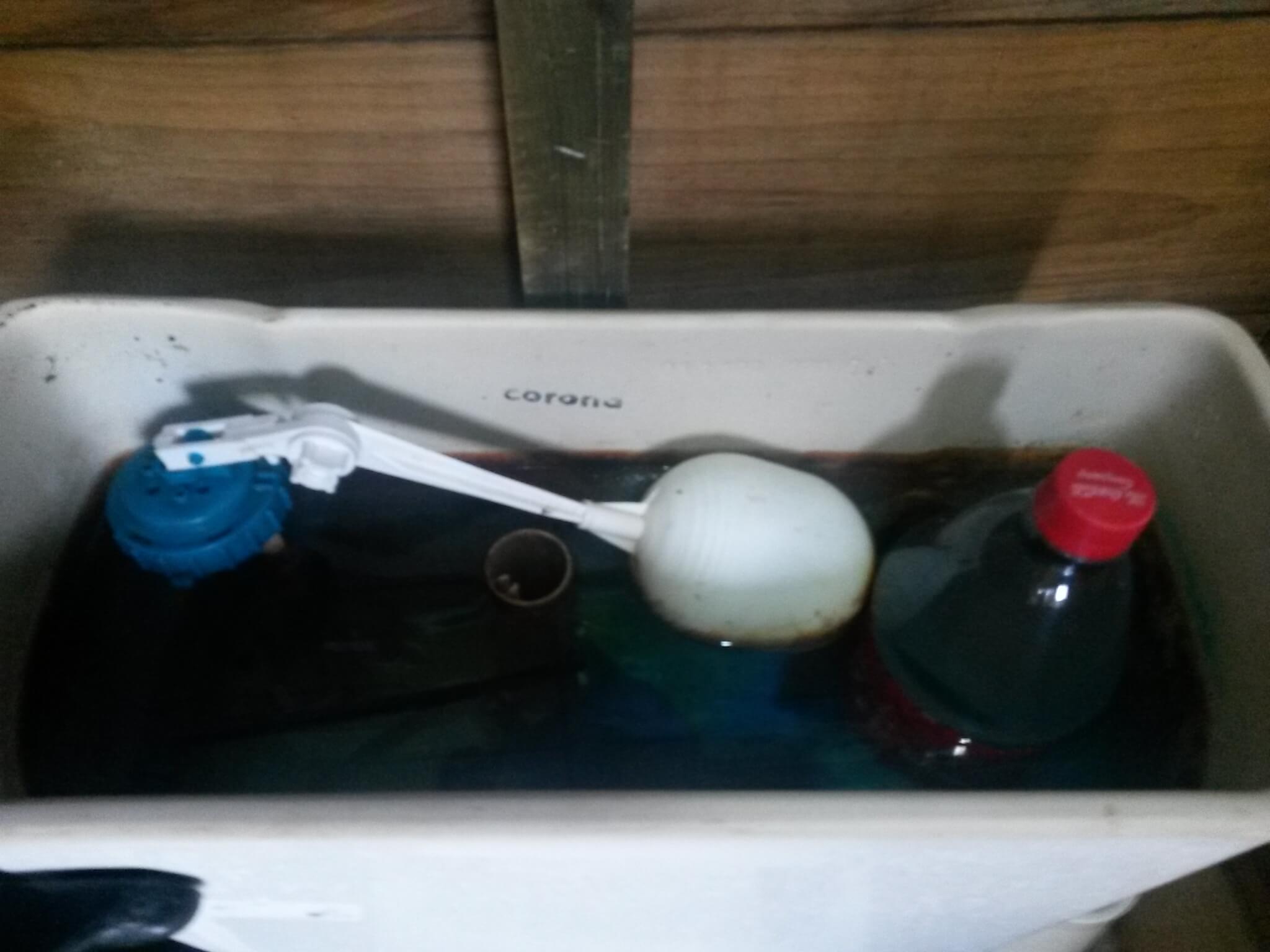3 Cool Facts About Parrotfish (And Why They Should Be Protected!)
Parrotfish - the unsung heroes of the ocean. Sort of.
Parrotfish are very common around the world and are often viewed as less interesting than turtles or eagle rays. Granted, you see a lot of them on a dive so they’re not exactly rare, but did you know that parrotfish have some pretty cool superpowers?
To show these important and under-appreciated animals some love, check out our 3 Cool Facts About Parrotfish, and see why they, and other herbivorous fish in the Caribbean, are so important for our reef!
Parrotfish - the unsung heroes of our oceans.
Sort of.
Parrotfish are very common around the world and are often viewed as less interesting than turtles or eagle rays. Granted, you see a lot of them on a dive so they’re not exactly rare, but did you know that parrotfish have some pretty cool superpowers?
To show these important and under-appreciated animals some love, check out our 3 Cool Facts About Parrotfish, and see why they, and other herbivorous fish in the Caribbean, are so important for our reef!
Cool Fact #1: They can change sex multiple times
Parrotfish can transition between sexes through most of their lives. The majority of parrotfish are born as females and live in a harem under one Supermale. If the Supermale of the harem dies, the largest female in the harem will transition into a male and take on the Supermale role. You can distinguish between males and females by their colors (the colorful parrotfish are the males), but since they change colors every time they change sex (and even as they move from juvenile into adulthood), it can make classification difficult for scientists!
Cool Fact #2: They make their own sleeping bags
At night, parrotfish will create a mucous sac to sleep in. To this day, scientists aren’t exactly sure why. They have their hypotheses, from the sacs protecting parrotfish from predators by masking their scent, to acting as a barrier against parasites, but nothing has been proven.
When you’re doing a night dive, it’s important to be respectful and not shine your light directly into the eyes of parrotfish (or any other animal, for that matter). When they are startled or woken up, they might break the sac, and may not be able to make a new one that night. This means that not only is the parrotfish disgruntled because they’ve been rudely awakened, but they might be in danger, too.
Cool Fact #3: They create the beaches you love…with their poop
And here is the coolest fact of all and the reason that parrotfish should be protected!
Parrotfish are incredibly important to the health of the reef, because they eat the algae that can smother the reef if left unchecked. That’s why herbivorous fish on Roatan are protected, because we count on them to maintain the health of our reef! That grinding sound you can hear when you’re diving? That’s the sound of many parrotfish “teeth” chewing on bits of coral that they break off when they eat the algae. They poop out the coral as fine particles, creating beautiful, white sand. One parrotfish can create up to 700 pounds of sand in their lifetime, if you can believe it! So that beautiful, sandy beach you’re walking on? Parrotfish poop.
So many coral reefs around the world are suffering because the herbivorous fish populations are being severely depleted, and if we don’t start rebuilding their numbers, the coral itself will not survive. Since you don’t often see parrotfish on the menu in Roatan, you may wonder how their numbers are being so badly depleted. Same as many endangered marine creatures, parrotfish are not only hunted for their meat, but are also getting caught as by-catch by human fishing practices, like trawling and ghost nets. That’s why it’s important for governments to implement marine reserves and also enact laws protecting parrotfish from hunting, so that at least the intentional depletion of parrotfish doesn’t happen.
How can you help?
There are a few ways that you can help the mighty parrotfish survive!
First, if you see it on a menu, don’t order. Herbivorous fish are red-listed in the Bay Islands and in many other marine parks, and it’s important for consumers to adjust the demand so that there is no need for a supply.
Second, it’s important to financially support marine reserves so that they can patrol a greater distance, and more consistently. On Roatan, you can support the Roatan Marine Park by purchasing a yearly bracelet for $10. That $10 donation helps the RMP maintain the dive site moorings, run patrols and educate the community, so they play a very important role in the health of Roatan’s reefs.
Now, go enjoy an awesome dive on Roatan and take a minute to appreciate a parrotfish when you see one!
Interested in more 3 Cool Facts posts? Let us know what animal you want to learn about next!
How To Make a Difference This World Oceans Day
Every year on June 8th, the world gets together to celebrate World Oceans Day. Today, we'd like to discuss 3 big issues facing the planet this World Oceans Day, and easy ways that you can make a difference.
Every year on June 8th, the world gets together to celebrate World Oceans Day. Each year, World Oceans Day has a different focus based on the biggest issue plaguing the world's oceans that year. It should be no surprise, then, that plastic pollution is the action focus of World Oceans Day 2018.
However, while plastic pollution may be at the top of the list for this year's World Oceans Day, this doesn't mean we should disregard other pressing issues that our planet is facing. We now have more information and technology at our fingertips than ever before, and ignorance about our impact on the planet is no longer an excuse. Awareness is the first step to making progress, so today we'd like to discuss 3 big issues facing the planet this World Oceans Day, and easy ways that you can make a difference.
PLASTIC
RD Divemaster trainees after a beach clean-up
In line with the World Oceans Day 2018 focus, let's talk about plastic pollution first. Billions of pieces of disposable plastic go into the world's waterways every day, none of which are biodegradable. Animals ingest these plastics or get wrapped up in them, and thousands of animals die every year because of plastic in their stomachs or wrapped around their necks.
HOW TO MAKE A DIFFERENCE:
So what can you do to help? Say no to disposable plastics! Keep a reusable bag with you at all times, have a refillable water bottle, bring your own takeaway container to restaurants and carry reusable utensils (especially straws!) on you. If you can cut down on your disposable plastic use by even one time a day, that's 365 pieces of disposable plastic per person that doesn't go into the ocean!
For more information on how to lessen your disposable plastic consumption, check out our handy guide for 5 easy ways to live more eco-friendly.
SUNSCREEN
Sunscreen is also a big issue facing our world's oceans. Most sunscreens these days contain chemicals that have been found to be harmful to the reef, especially oxybenzone, which can cause a slower growth rate and deformities to coral even in minute concentrations. And if it's that bad for the coral, imagine how it for your body!
HOW TO MAKE A DIFFERENCE:
While it takes a little research, you'd be surprised how many good sunscreen options there are out there! Pick a sunscreen that contains a physical barrier against UV rays, like zinc oxide or titanium oxide, rather than a chemical barrier. To take even better care of your body, find a sunscreen that also contains natural oils, many of which contain their own SPF values. Support your community by buying locally sourced and made products - on Roatan, a very good option is Aegis Sol-Screen, which boasts an SPF of 30 (and smells yummy, too!).
OVER-FISHING
The increase in demand for fish, copious amounts of food waste and harmful fishing practices has led to a population crisis in our waters. The sheer amount of bycatch that comes with trawling, commercial fishing's most common practice, has decimated many fish and coral populations around the world. Fish farming is no better, with the high concentration of fish in a small environment polluting surrounding waters.
HOW TO MAKE A DIFFERENCE:
To decrease your environmental impact while also still getting your seafood fill, make sure to make pick seafood options that are sustainable and in season wherever you go. Most places will have a responsible seafood guide available so you can see what's green-, yellow- and red-listed, so stick with those guidelines. Support restaurants and businesses that provide green-listed options, and remember that quality trumps quantity!
Show our world's oceans some love this day and every day, and make the active choice to make small but meaningful changes for a better future.
Happy World Oceans Day!
When is Roatan's Lobster Season?
Demand for lobster is high, and the restaurants will continue to serve illegal lobster as long as patrons continue to request it. It's our responsibility as visitors to encourage responsible and sustainable seafood consumption so that local providers providers will follow suit, benefiting both the environment and the local economy.
All marine reserves have fishing regulations, and Roatan is no different. While most people come to the Caribbean with the thought of eating lobster on the beach, it's important to know when Roatan's lobster season is, and what the lobster regulations are even when they're in season, to ensure that you are not putting an additional strain on the environment and ruining the marine world that Roatan is renowned for.
Lobster is in season on Roatan from July 1st to February 28th (or 29th on leap years), and only fishermen with lobster fishing permits are allowed to catch lobster outside of the Roatan marine reserve. Their tails must be greater than 5.5 inches, or 14.5 centimeters in length. Undersized lobsters are illegal, regardless of if a permit carrier catches them, and it is illegal to go diving for them within the reserve.
Poached lobster, photo courtesy of Roatan Marine Park
Unfortunately, demand for lobster is high, and the restaurants will continue to serve illegal lobster as long as patrons continue to request it. It's our responsibility as visitors to encourage responsible and sustainable seafood consumption so that local providers providers will follow suit, benefiting both the environment and the local economy.
How do I enjoy lobster responsibly?
- Only enjoy fresh-caught lobster between July 1st and February 28th and NOT between the months of March and June.
- When dining in Roatan, ask the restaurant where the lobster was caught. If they respond that it's locally caught, ask about the size of the tail. Remember, they must be larger than 5in/14.5 cm.
- Look around your restaurant for displays of the Bay Islands Responsible Seafood Guide.
- Keep an eye out for warning signs - if you're served lobster that still has its head, it is most likely poached from local, protected waters. Report suspicious activity to the Roatan Marine Park.
For more information regarding Roatan's fishing regulations and environmental laws, go to the Roatan Marine Park's website and learn how to be a responsible tourist today.
3 Easy Environmental Improvements We Made with Go Blue Bay Islands
As you guys know by now, Roatan Divers joined Go Blue Central America Geotourism recently, and completed our first environmental assessment last month. We discussed the things we were doing well on environmentally and things that could be improved on, and after the assessment we decided to grab the bull by the horns and implement what we could as soon as possible (before the results even came out!). We have our next assessment coming up in a week, and we're excited to show you some of the changes we've already implemented and to learn more ways that we can promote responsible tourism on Roatan.
As you guys know by now, Roatan Divers joined Go Blue Bay Islands in partnership with National Geographic and we completed our first environmental assessment last month. We discussed the things we were doing well on environmentally and things that could be improved on, and after the assessment we decided to grab the bull by the horns and implement what we could as soon as possible (before the results even came out!). We have our next assessment coming up in a week, and we're excited to show you some of the changes we've already implemented and to learn more ways that we can promote responsible tourism and environmentally friendly business practices on Roatan.
1. We installed a water efficient shower head
We know you guys all love our hot water shower and its amazing water pressure, so we wanted to make sure that we could have a water efficient shower head without compromising pressure. We found the perfect shower head that still offers a lot of power, but outputs 1.5 gallons of water per minute at its medium setting, far less than our previous shower head which was basically an Amazonian squall falling on your head. We haven't had a new water bill since we've installed it, but we're interested to see how things change next month.
2. We set up an informational display regarding poaching
A while back, a guest bought a conch shell from a street vendor without realizing that it's a threatened species, and donated it back to the dive center. We had the option of taking it back out to sea or using it as an educational tool, and decided to go the educational route to ensure that all of our guests are aware of the dangers of the illegal wildlife trade. The Roatan Marine Park kindly donated a few more confiscated items to fill out our display better, but we previously did not have a sign explaining why these items were on display, and the items were just placed in the corner without much fanfare.
After our first environmental assessment with Go Blue Central America, we set up a proper display shelf with information regarding poaching in an effort to inform as many people about the importance of responsible tourism. We also have a poster up with the Responsible Seafood Guide and information for minimizing plastic consumption, and this has inspired a lot of conversation regarding conservation so we're very excited about where all this will lead.
3. We reduced water consumption in the bathroom
As a dive center, we have a lot of people using the washroom facilities, and use a lot of water every day between the toilet, sink and shower. We're already reducing our water consumption with the water efficient shower head, but we wanted to take it a step further. To reduce our water consumption in the toilet, we place a full water bottle into the tank to increase displacement so that the tank would have to fill with less water to get full.
These were 3 very easy ways that we could reduce our environmental impact and increase awareness about responsible tourism. Each change required very little effort and money, but will make a greater impact in the long run. While we try to be as environmental friendly as possible, it's nice having an outside, professional source offer different ideas to further increase our environmental awareness, and we look forward to continuing our work with Go Blue Central America to support an environmental responsible tourist destination.
Make sure to check out Go Blue Central America's website and Facebook page for more environmental tips and see what businesses are getting involved!
Should I buy a Roatan Marine Park yearly bracelet?
Short answer: Yes. Yes you should.
Oh, you wanted a long answer? Read on!
Short answer: Yes. Yes you should.
Long answer: Why wouldn't you buy a Roatan Marine Park yearly bracelet? They're only $10 and all the proceeds go towards the running of the park. The Roatan Marine Park is a non-profit organization that installs all the dive moorings, runs patrols to patrol the local wildlife and works with the local community to move us towards a conservation oriented island.
So if your boat ties up to a mooring, or you see a turtle or lobster or conch, or notice how the mangroves are starting to grow back...then of course you should support the Roatan Marine Park. The bracelets are only $10 and all the proceeds go directly into helping the park continue its good work. The park is one of the best run that we've seen, and we believe it has a lot to do with the fact that it's run by a non-profit, non-governmental organization full of passionate people, and we'd like to keep supporting it.
Do your part, support the park!
















